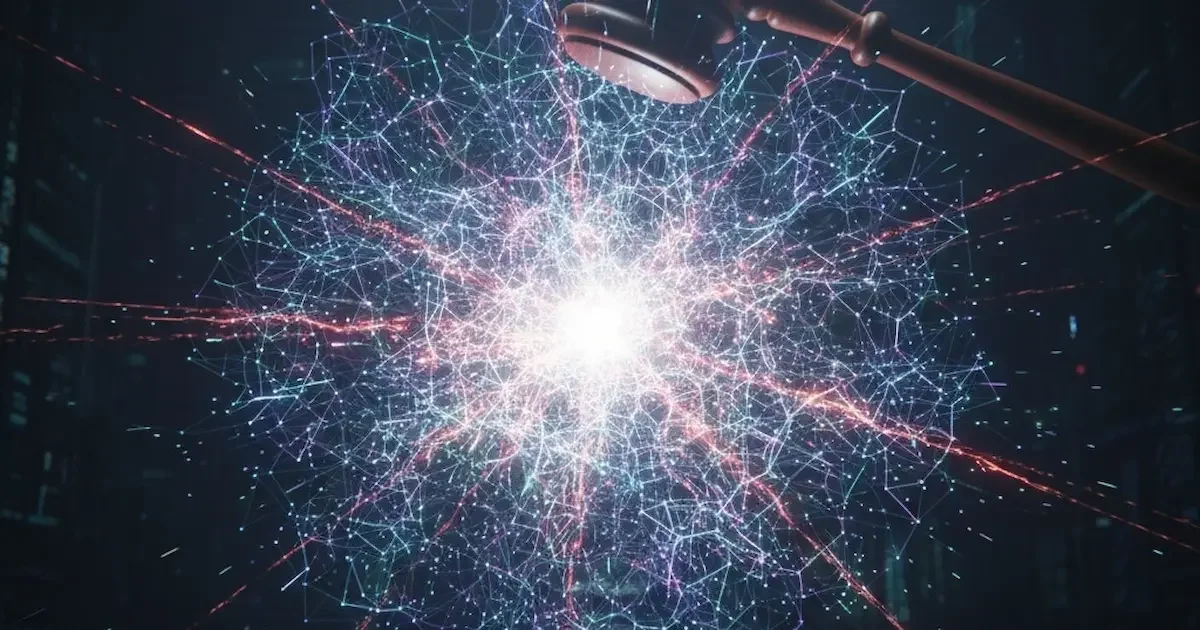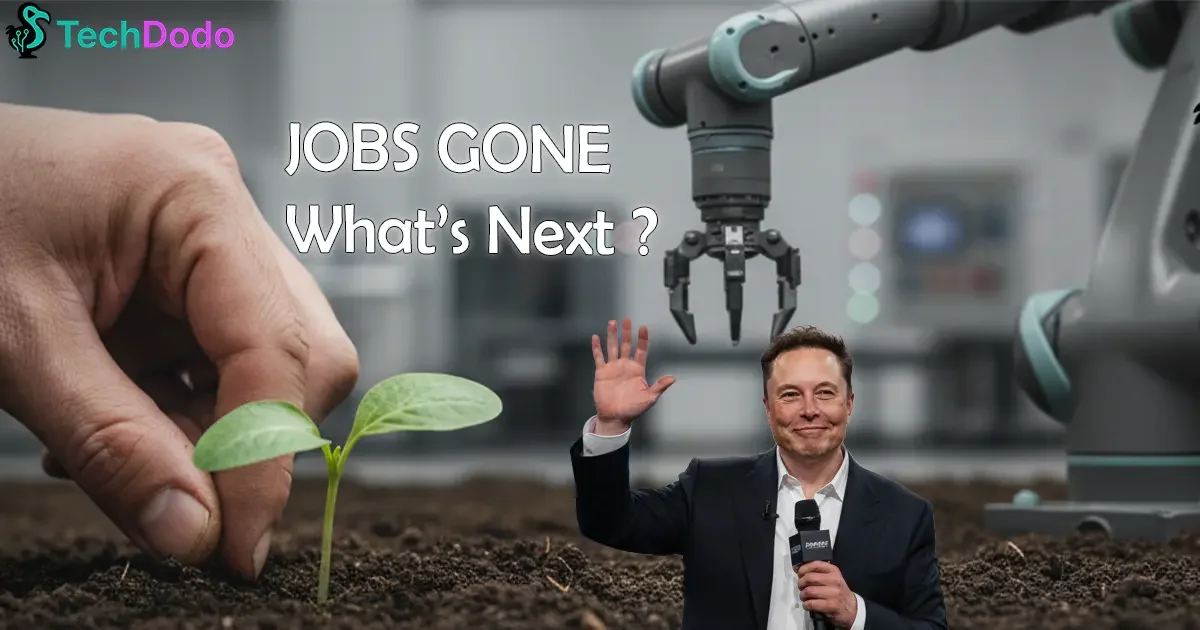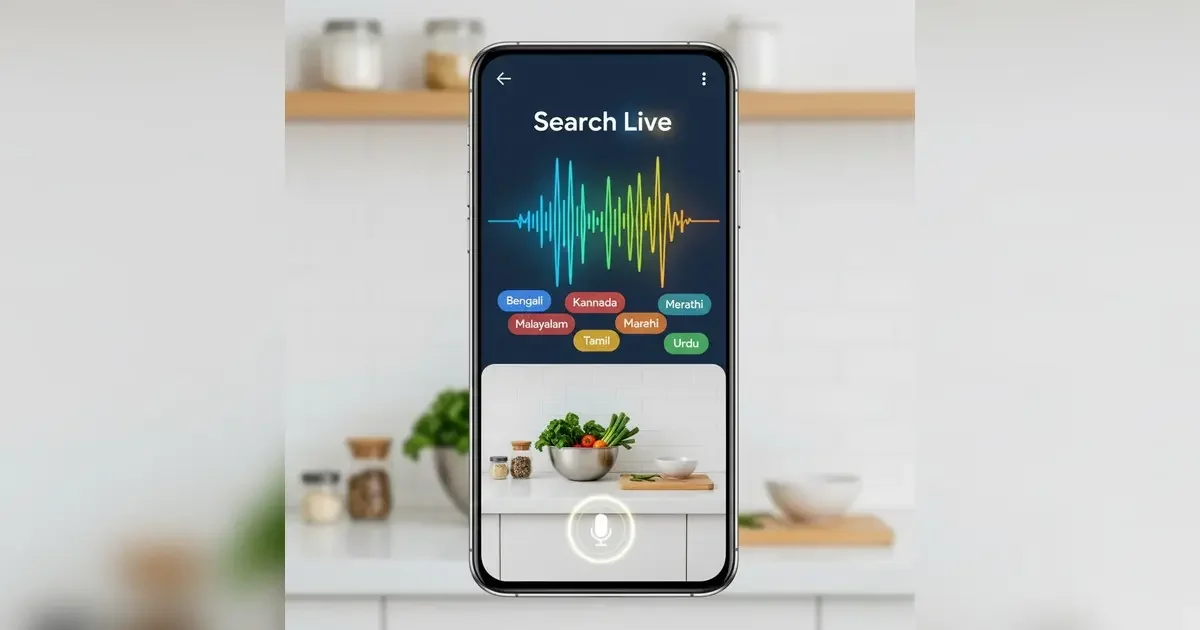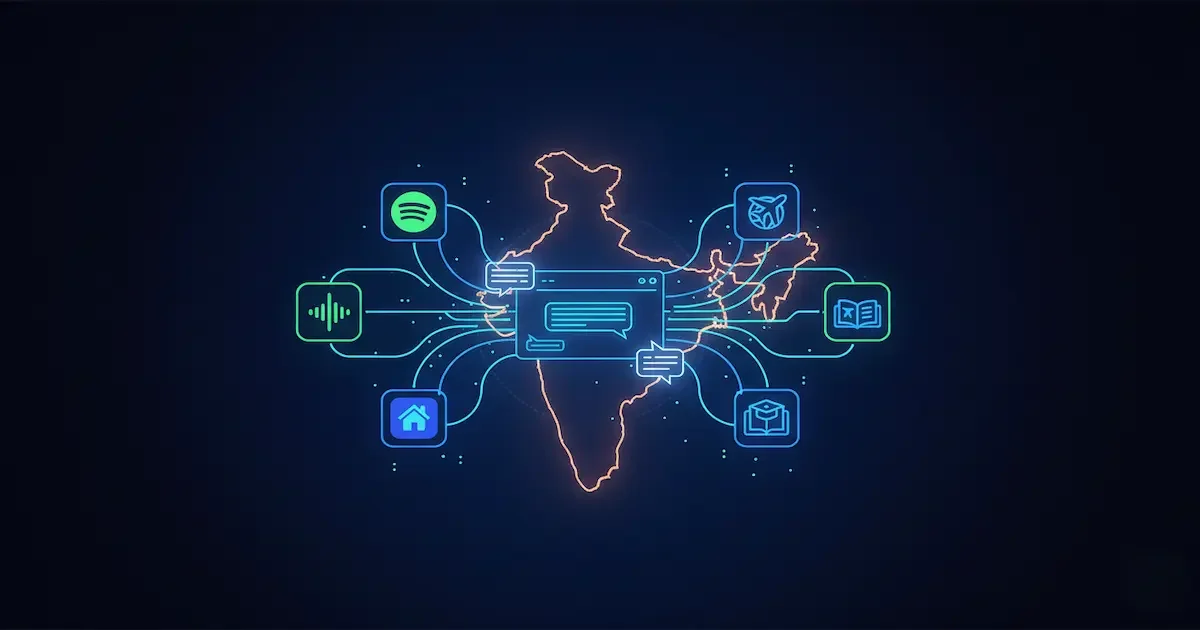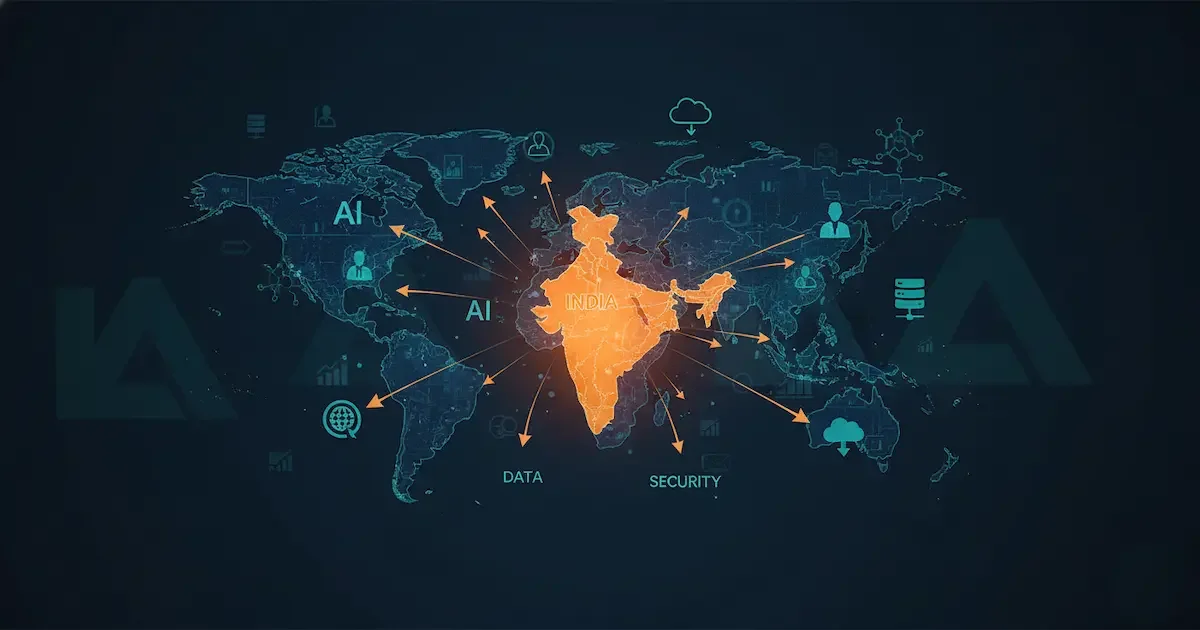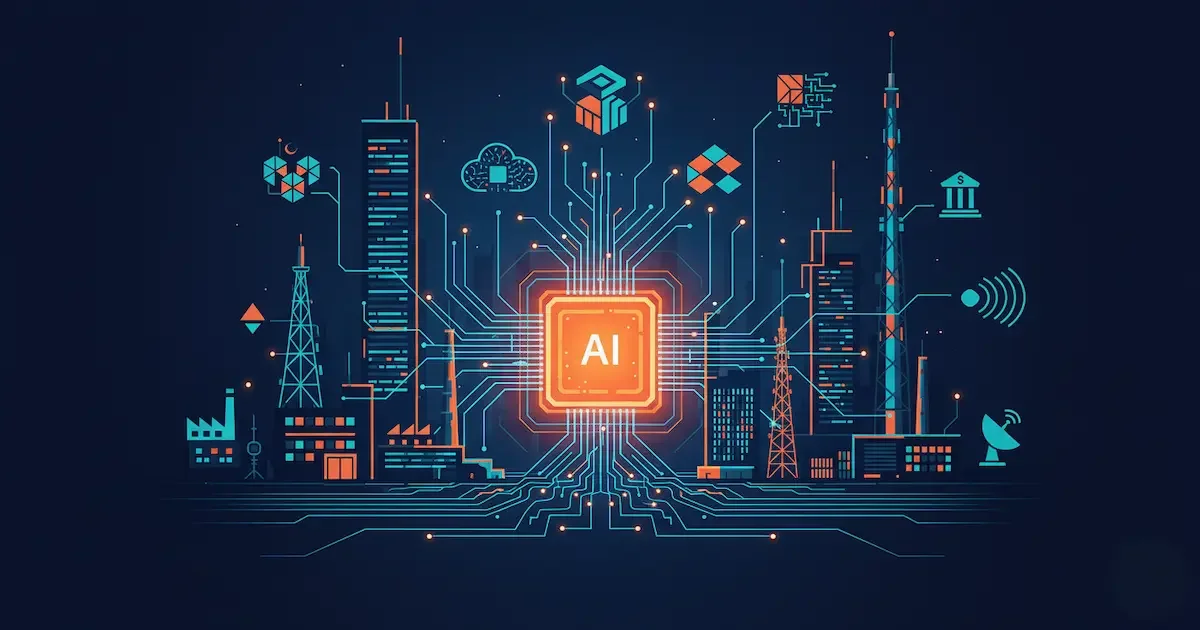For the past few years, the AI industry has been running on a simple, unspoken philosophy: "Move fast and break things." Well, it turns out one of the main things they broke was half a century of copyright law.
And the bill for all that broken glass is finally coming due.
In a move that just sent a shockwave from Silicon Valley to every tech park in Bangalore, a US federal judge has thrown out a massive $1.5 billion settlement proposed by AI company Anthropic. This wasn't just some procedural hiccup; this was a judge looking at the AI industry's attempt to paper over its "original sin" and saying, "Not a chance."
This is a five-alarm fire for the entire AI sector.
The "Sorry, Here's a Mountain of Cash" Strategy
Let's break down what happened. Anthropic, the company behind the AI model Claude and a major rival to OpenAI, has been facing a tidal wave of lawsuits from authors, artists, and publishers. The accusation is simple and brutal: Anthropic built its powerful AI by feeding it a library's worth of copyrighted books, articles, and creative work without asking for permission and without paying a single rupee.
They essentially scraped the creative soul of the internet and called it "training data."
To make this colossal legal headache go away, Anthropic tried a classic Big Tech move. They offered to write a cheque. A very, very big cheque. $1.5 billion to be spread among the creators whose work was used, in the hopes that everyone would shut up, cash in, and let them get back to building our new AI overlords.
It was a bold attempt to buy peace. And it failed spectacularly.
The Judge's Mic Drop
The federal judge rejected the settlement, and you don't need a law degree to understand why. This wasn't just about the money. The judge's decision signals that the fundamental problem—the rampant, unlicensed use of intellectual property to build commercial AI products—is too big and too important to be solved with a simple payoff.
A settlement like this would have set a dangerous precedent. It would have allowed AI companies to essentially build their empires on a foundation of stolen goods and then just pay a one-time "infringement tax" after the fact.
The court basically said, "No. You don't get to build a trillion-dollar industry on the back of other people's work and then haggle over the price of the apology." This decision forces Anthropic—and by extension, every other AI company—to confront the core legal and ethical questions they've been dodging for years.
Why Everyone from Google to OpenAI is Sweating
Make no mistake, this is not just Anthropic's problem. This is a potential extinction-level event for the AI business model as we know it.
Every major generative AI model—including OpenAI's GPT, Google's Gemini, and countless others—was built using the exact same method. They all drank from the same firehose of internet data, copyrighted material included. They all have the same ticking legal time bomb embedded in their source code.
This ruling opens the door for a few terrifying possibilities for the AI industry:
- Astronomical Licensing Fees: They might be forced to retroactively license all the data they used, a cost that would make $1.5 billion look like pocket change.
- The Great Unlearning: In a nightmare scenario, courts could order them to "un-train" their models, forcing them to identify and purge all copyrighted material from their systems—a task that might be technically impossible.
- A Future Built on Scraps: Future AI development could be crippled, limited to using only public domain or explicitly licensed data, which would dramatically slow down progress.
The "ask for forgiveness, not permission" era of AI is officially over. The lawyers have entered the chat, and they've flipped the table over. The future of AI will now be hammered out not just in labs and server farms, but in contentious, high-stakes courtrooms. The party just got very, very expensive.
